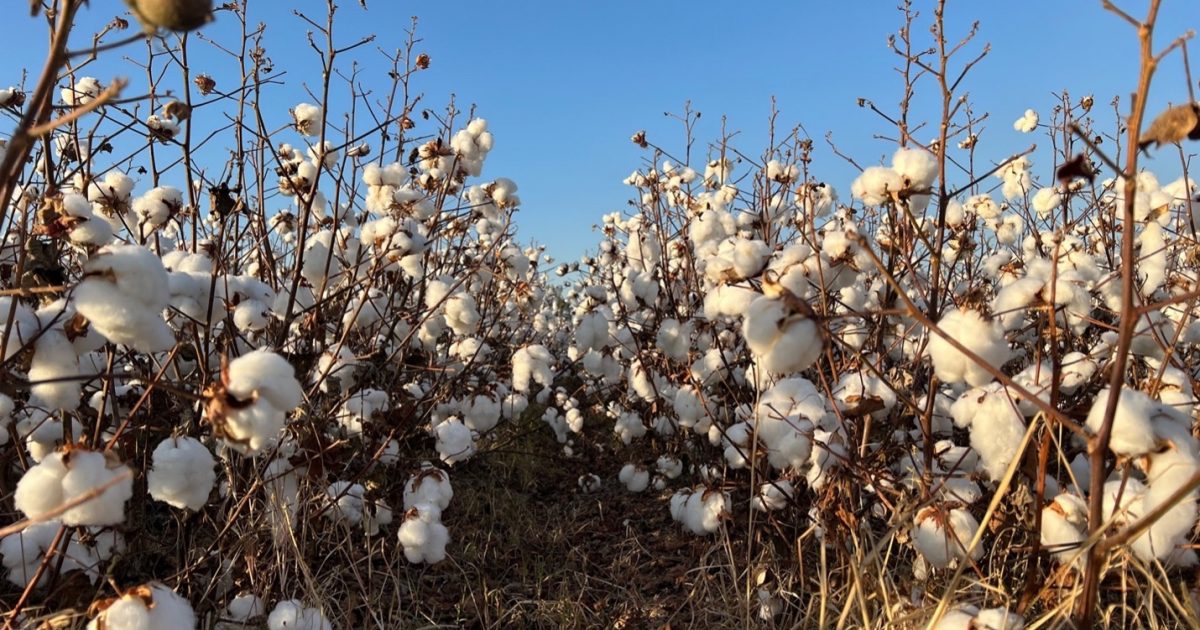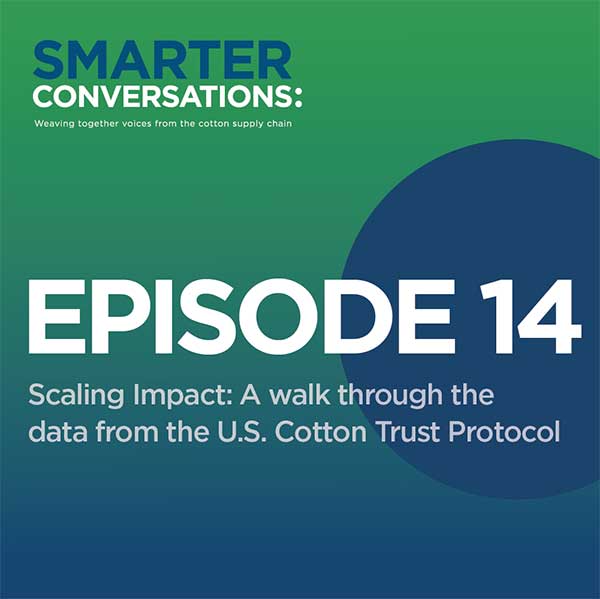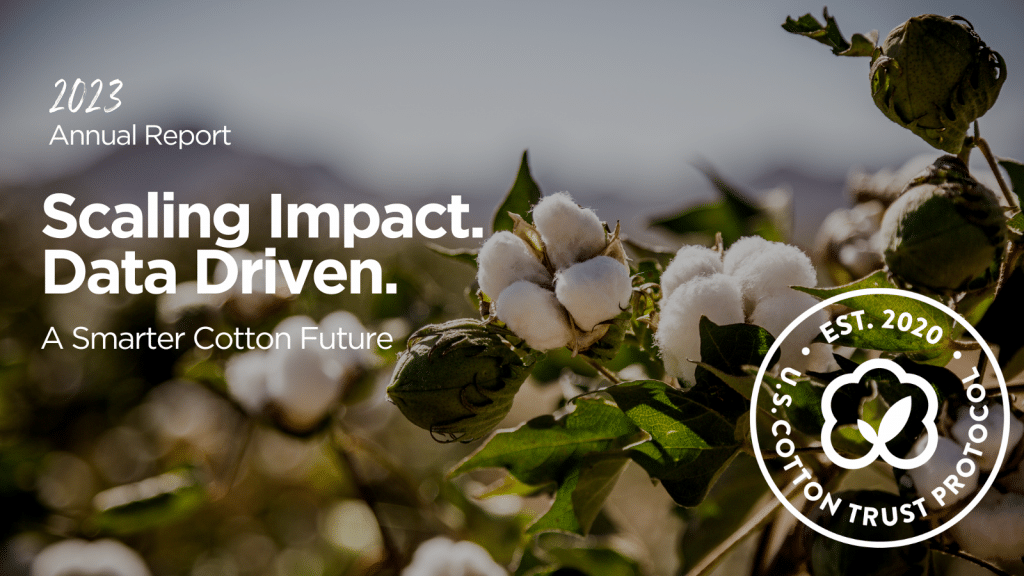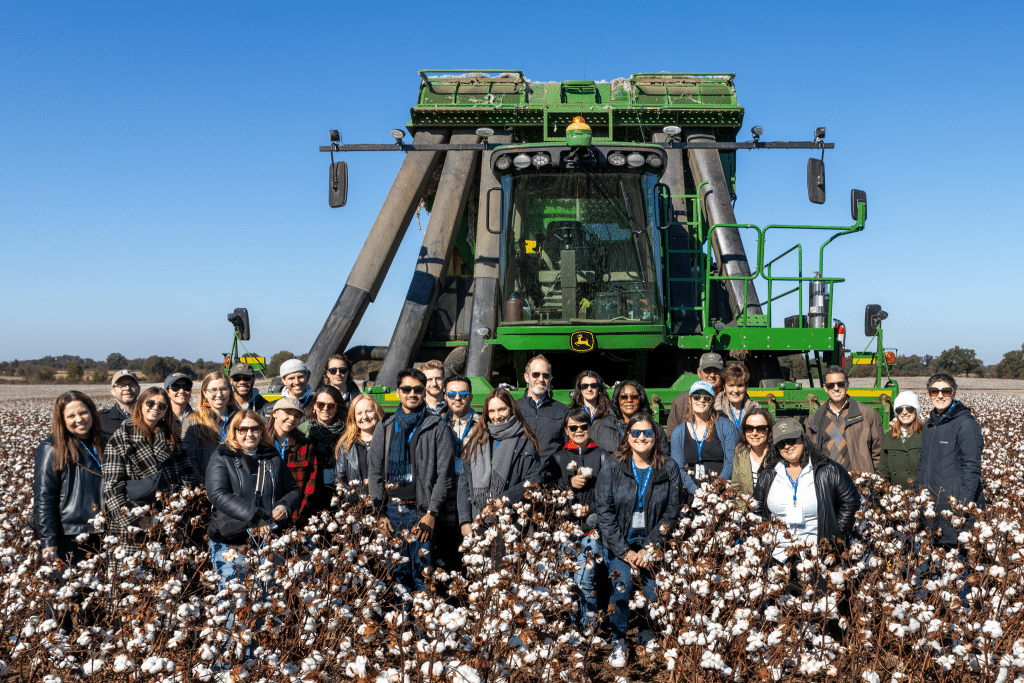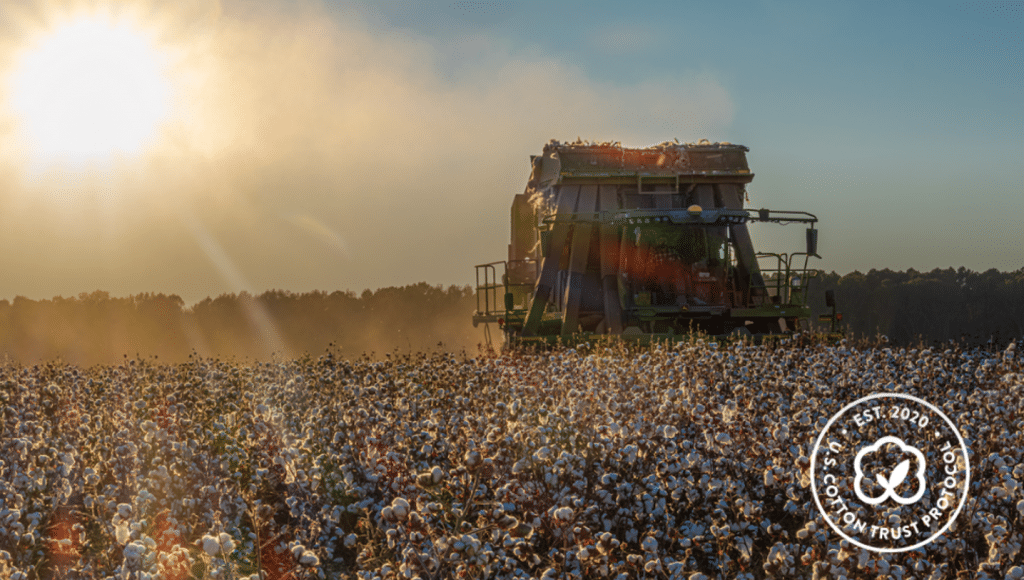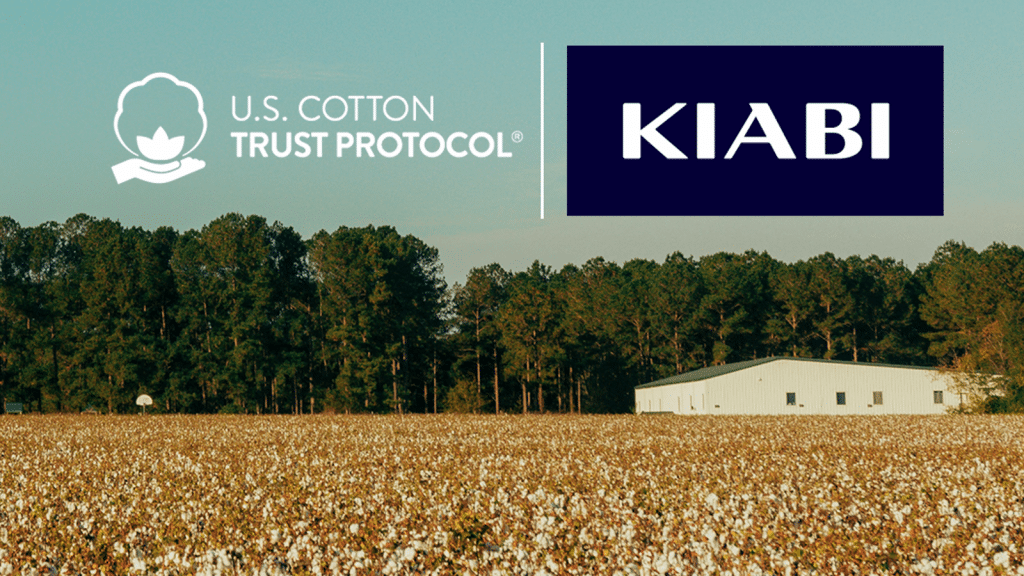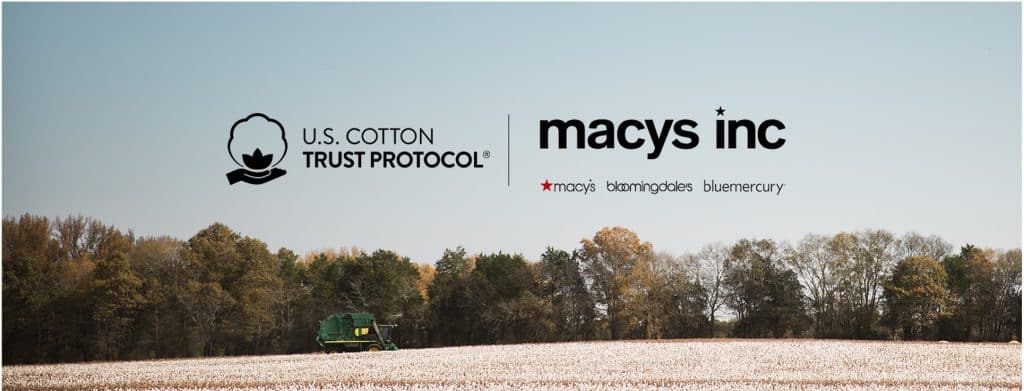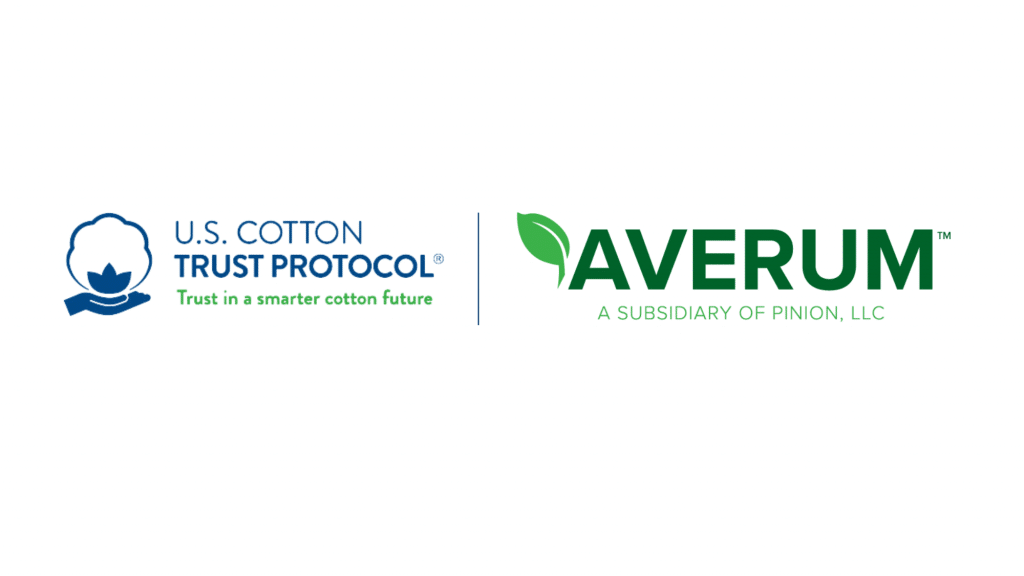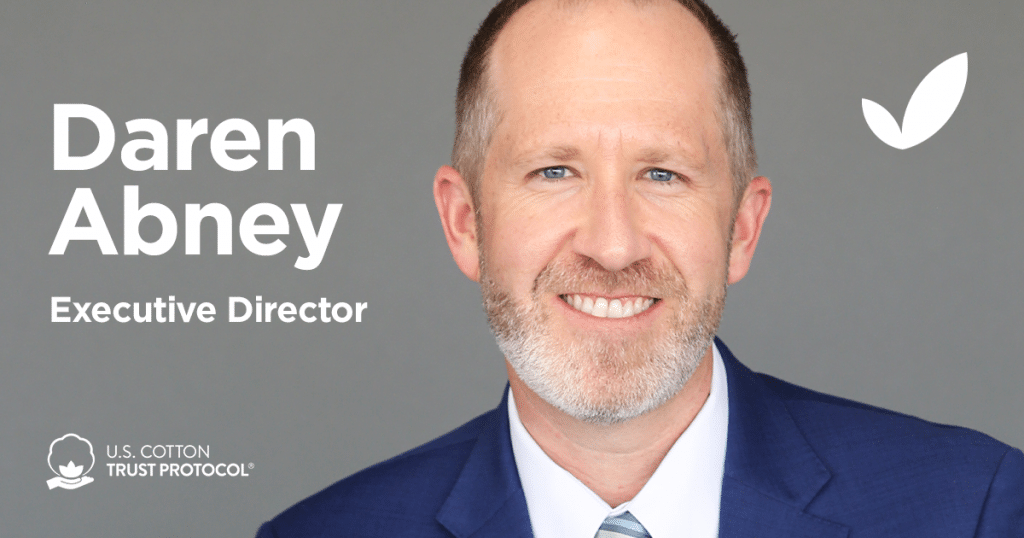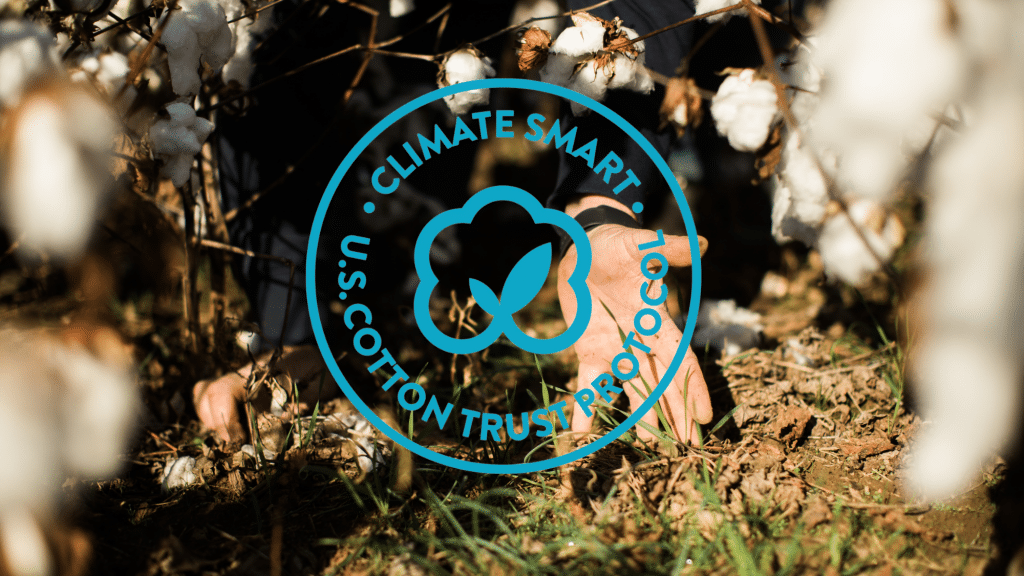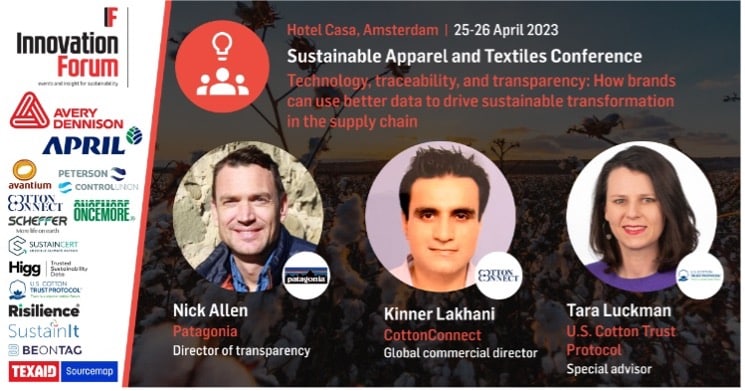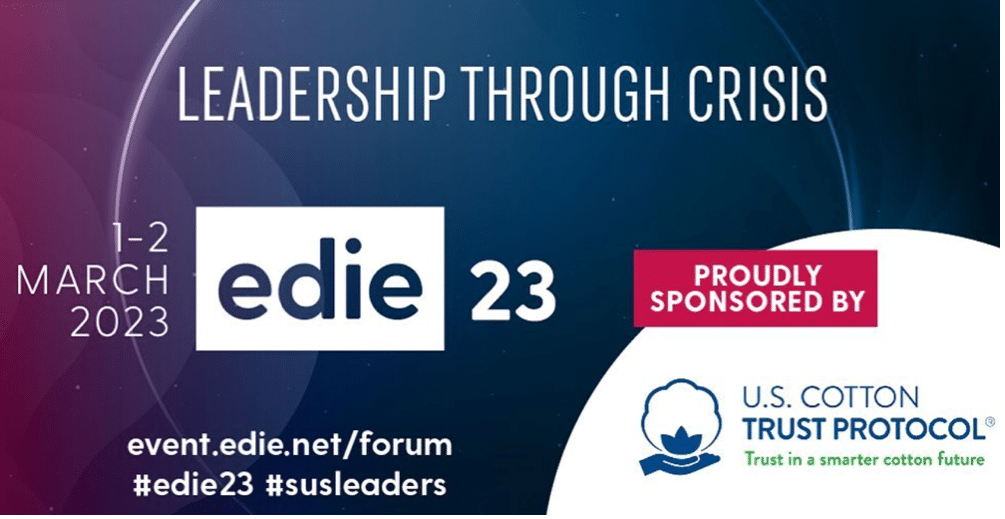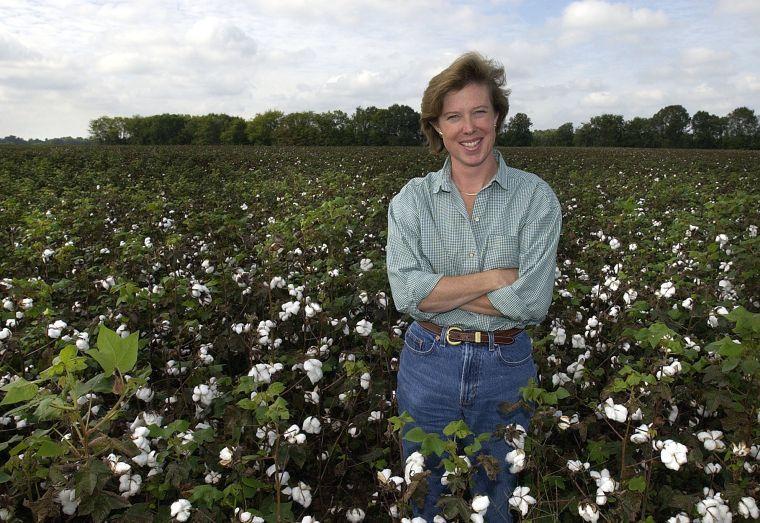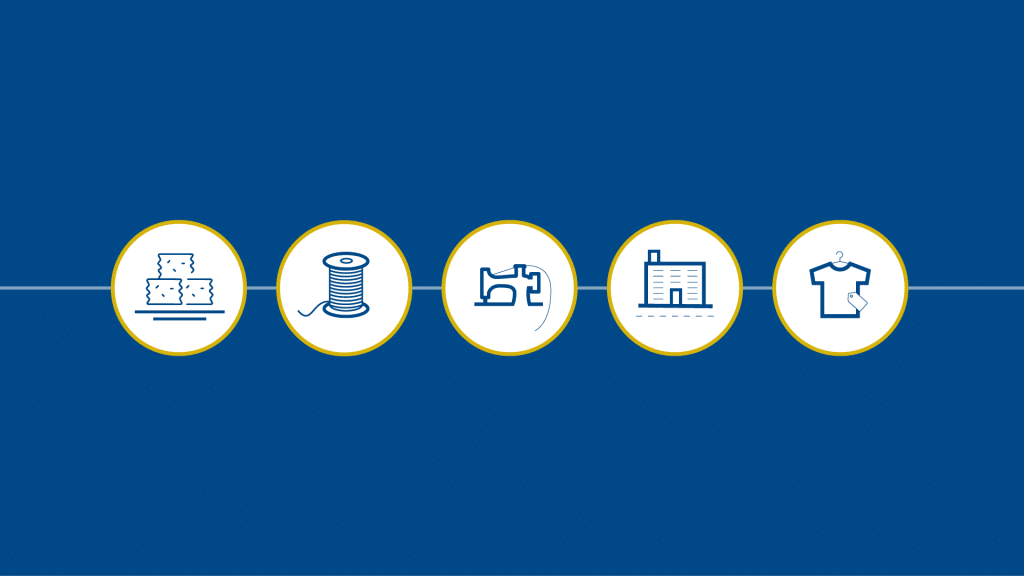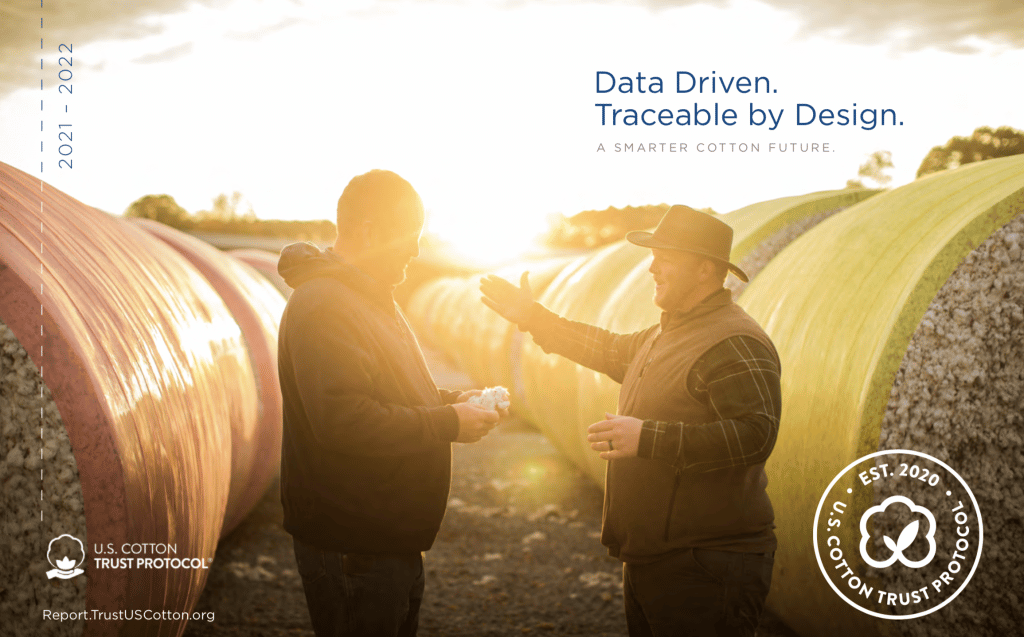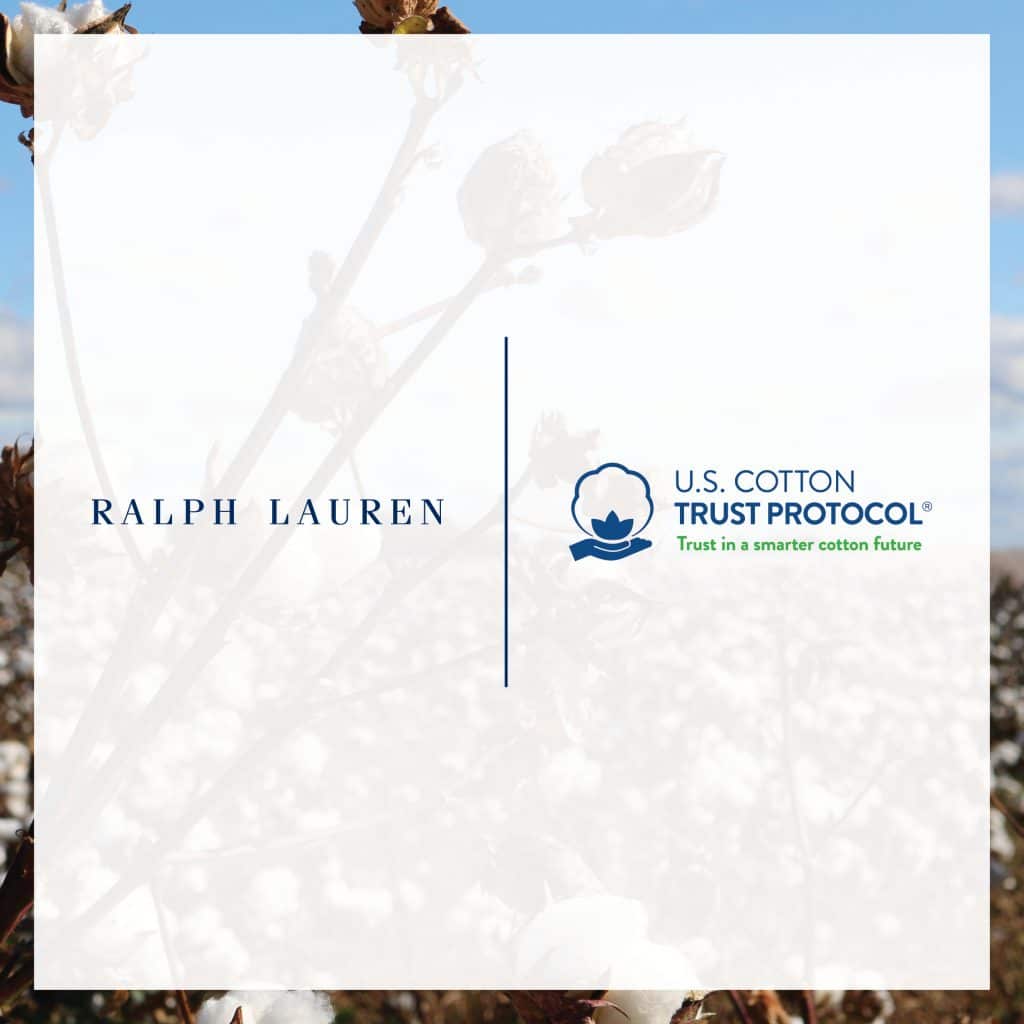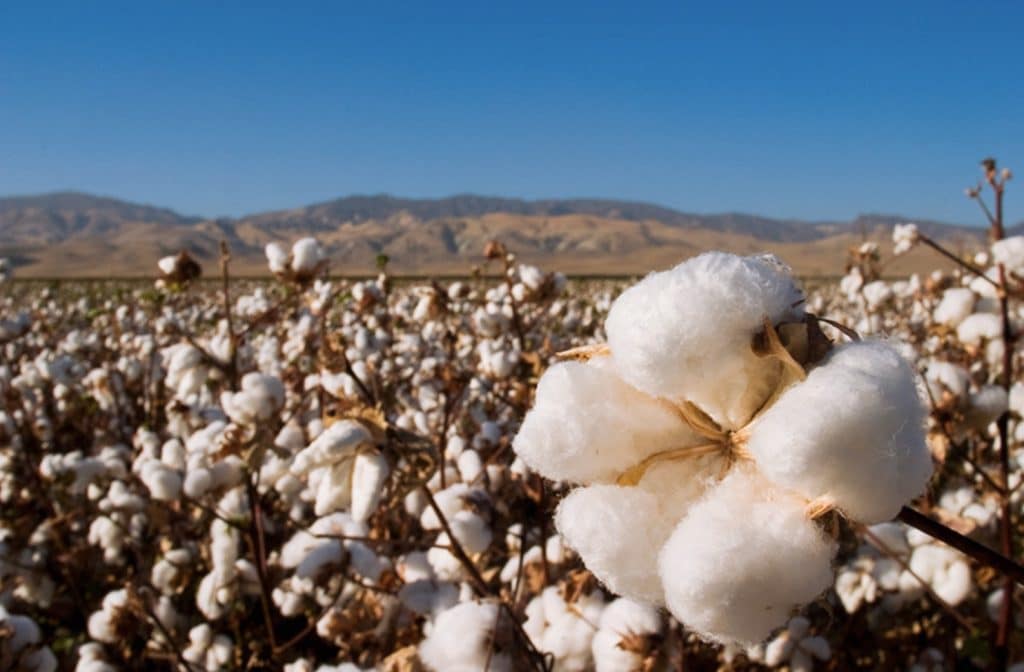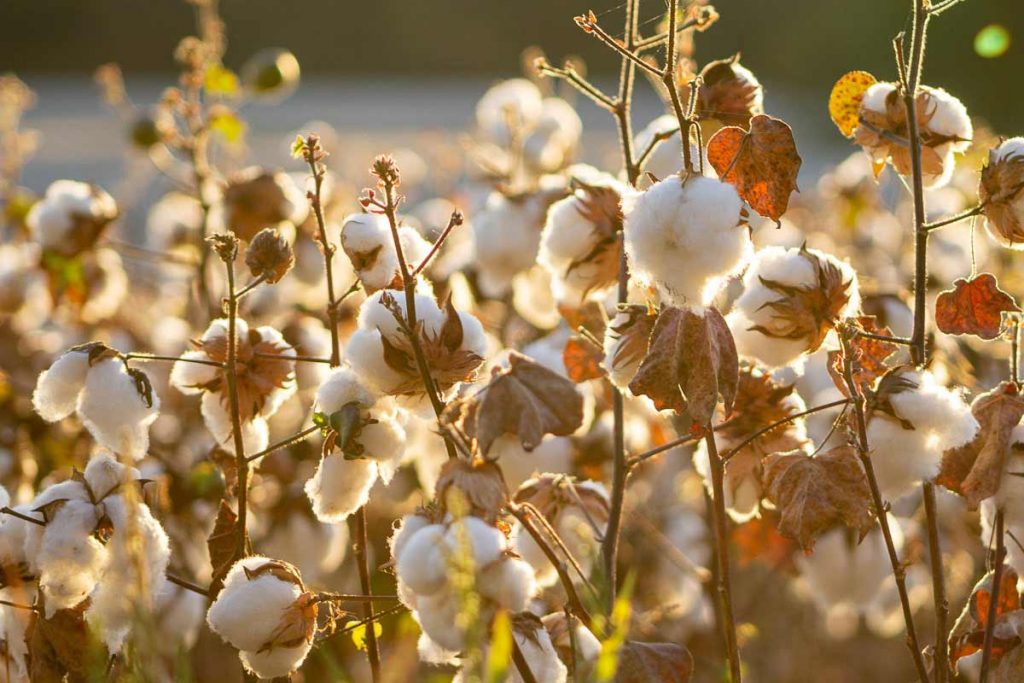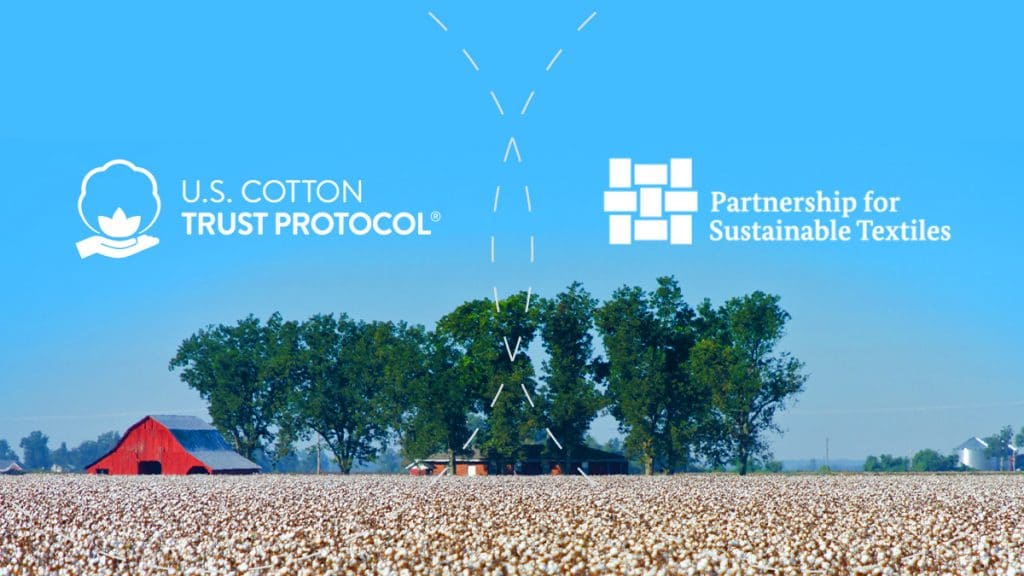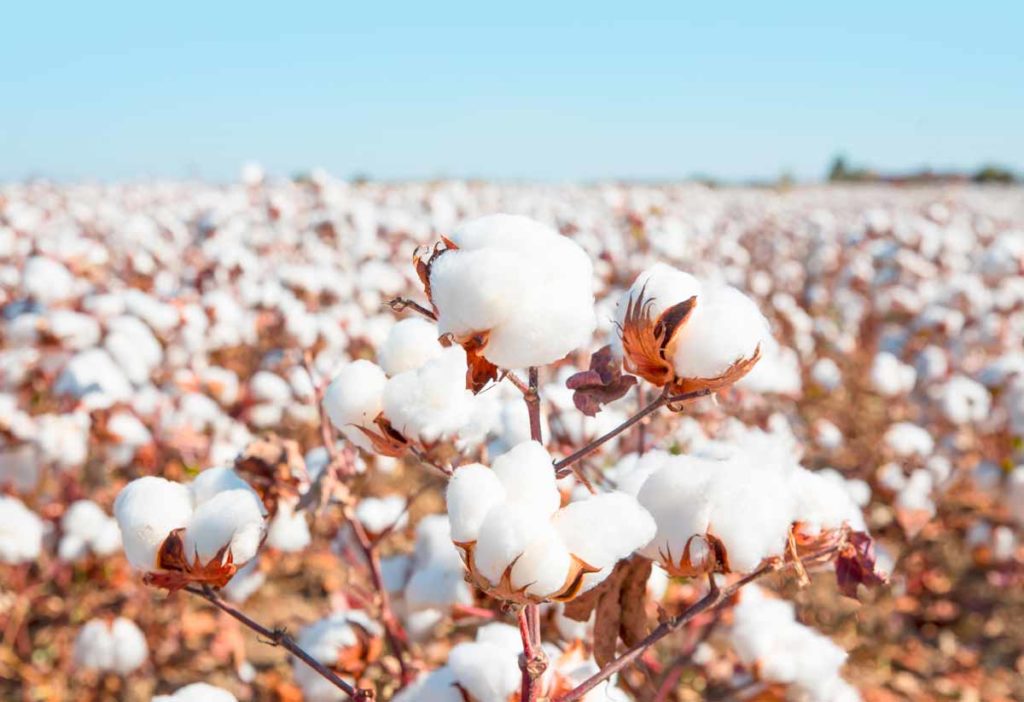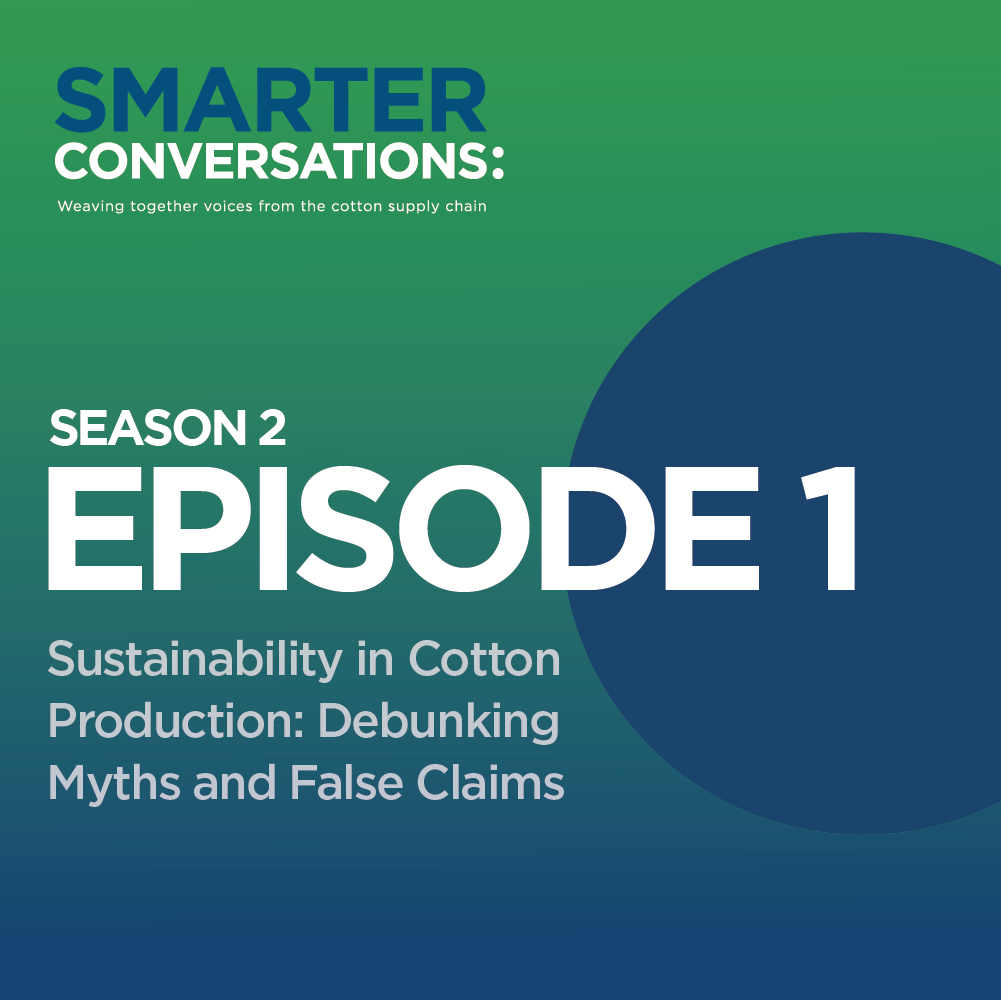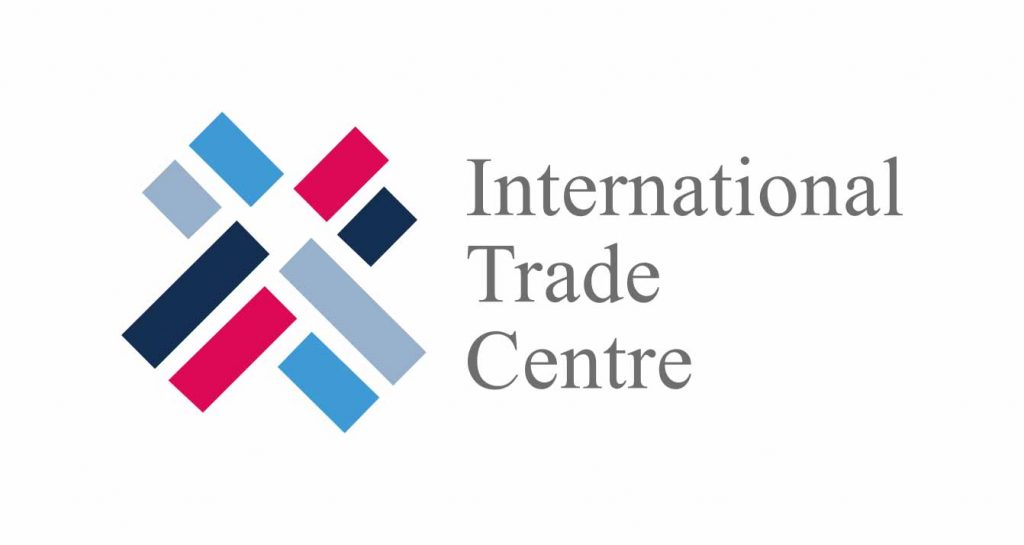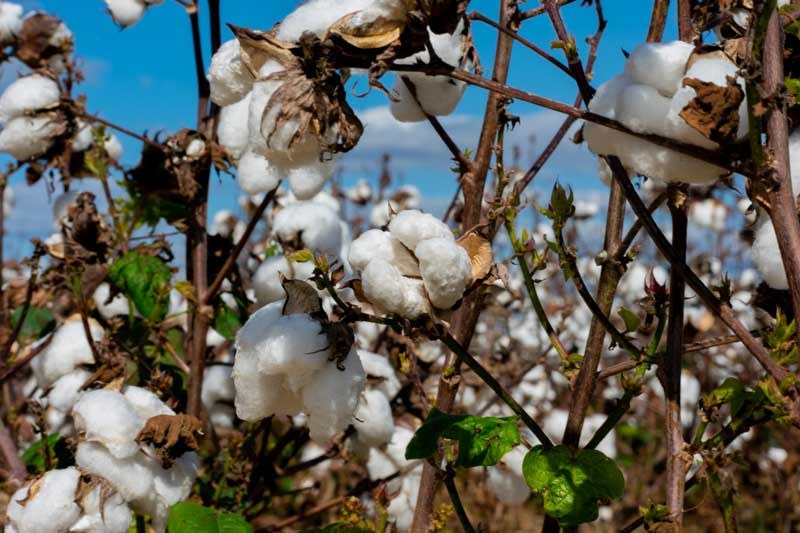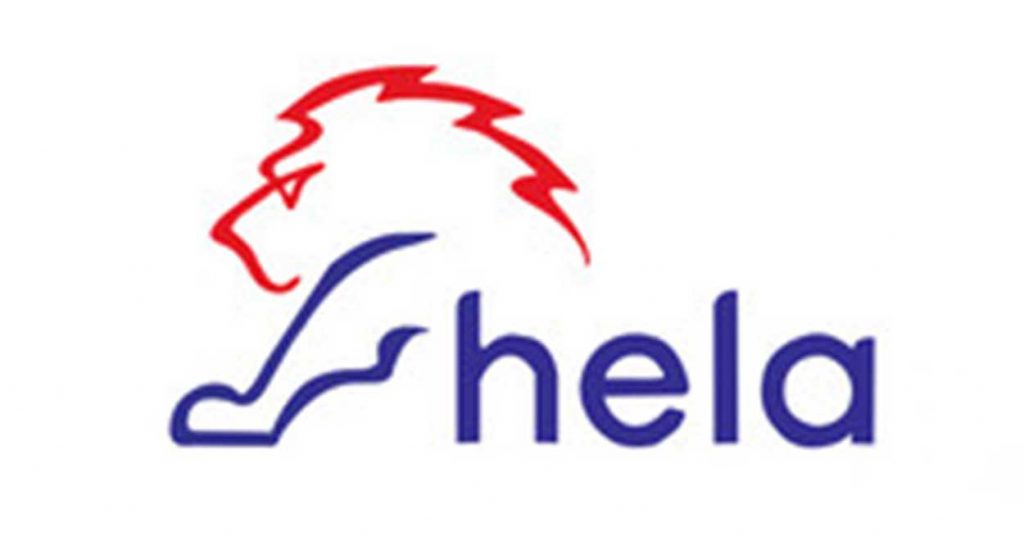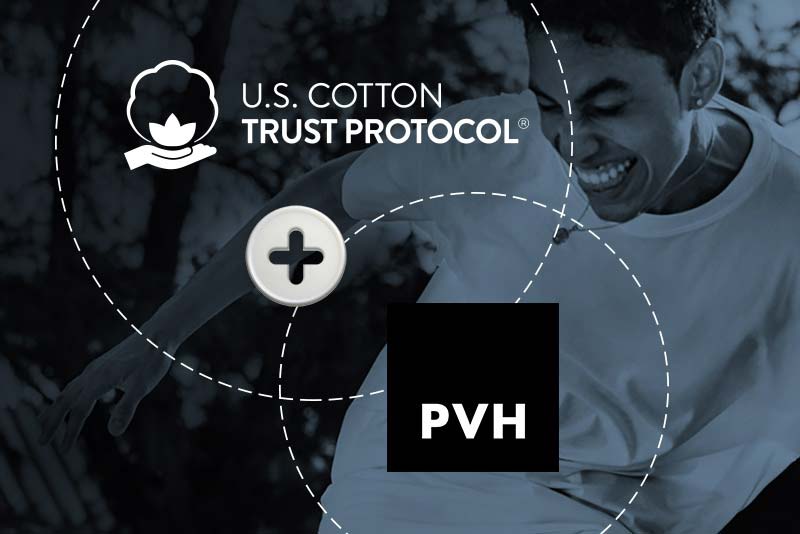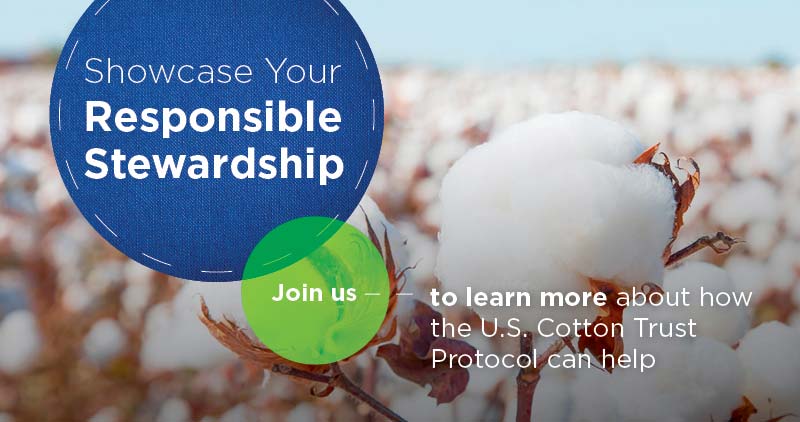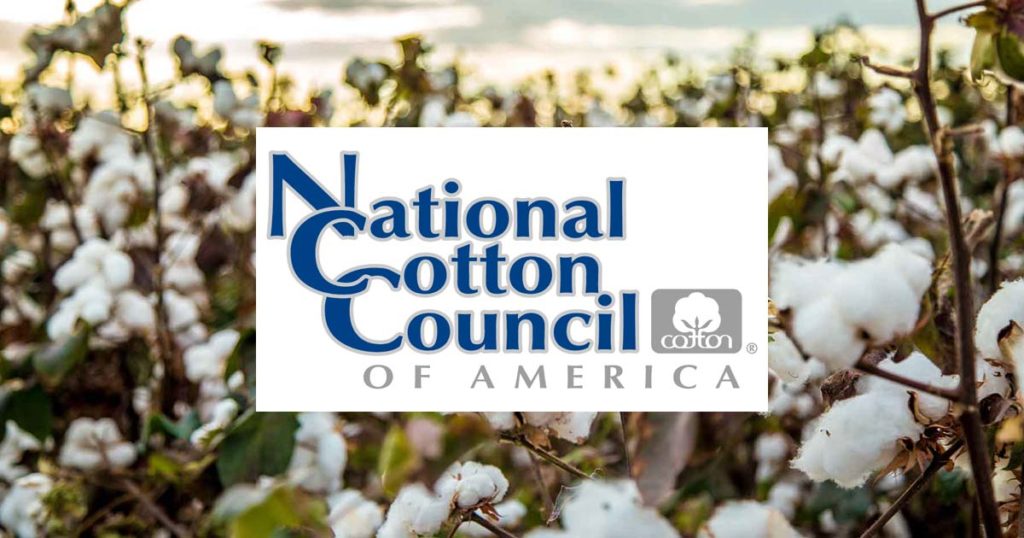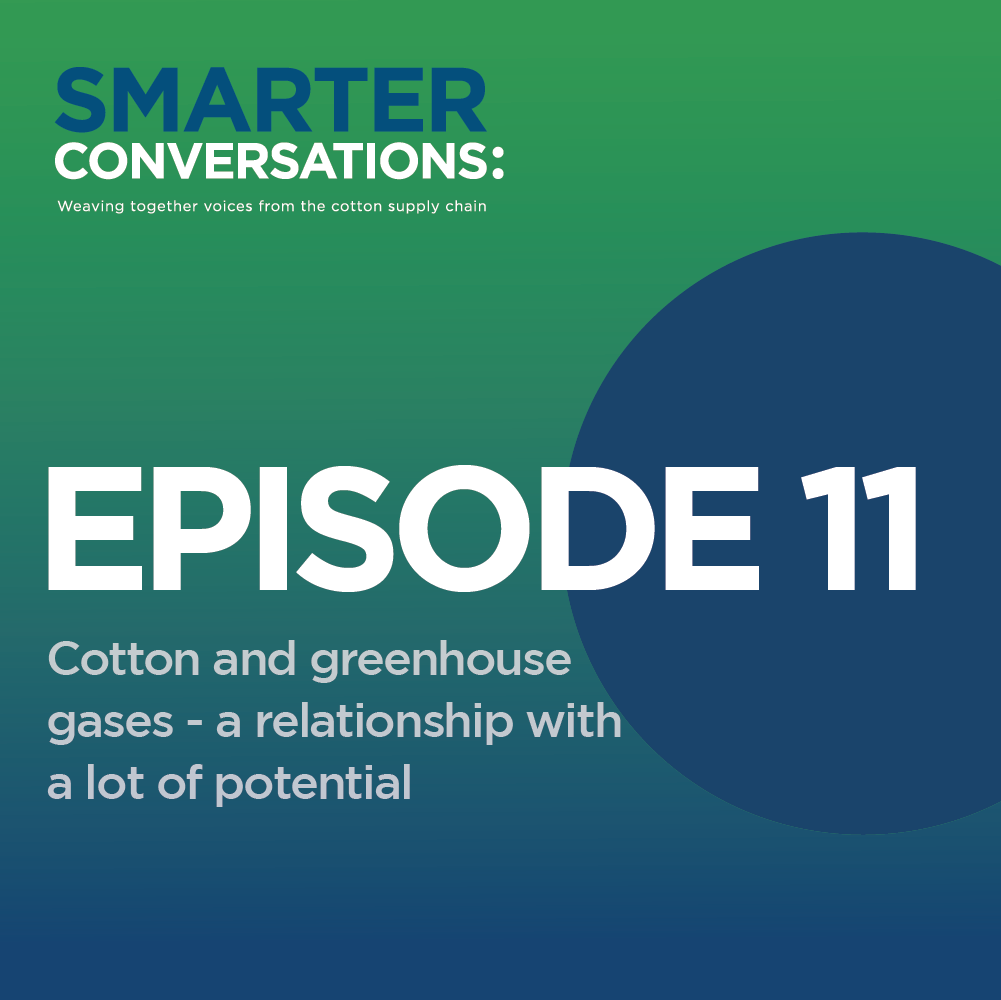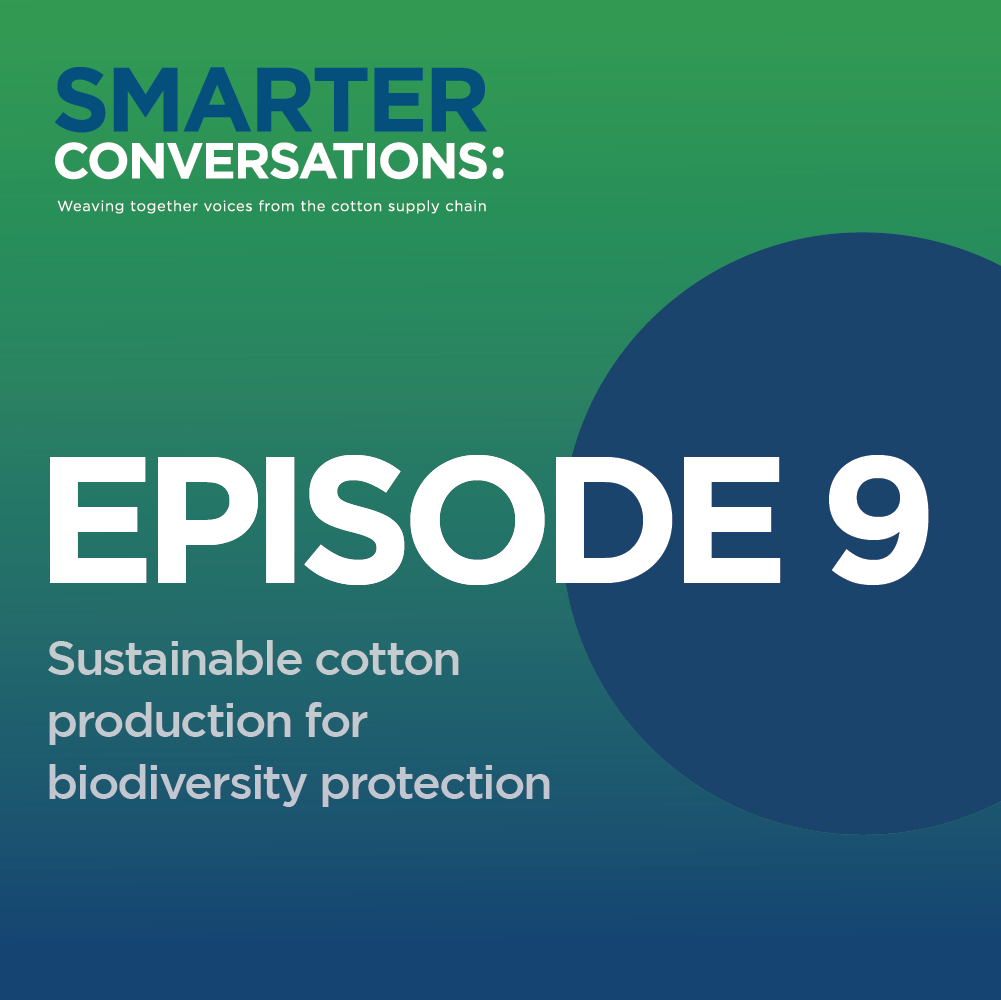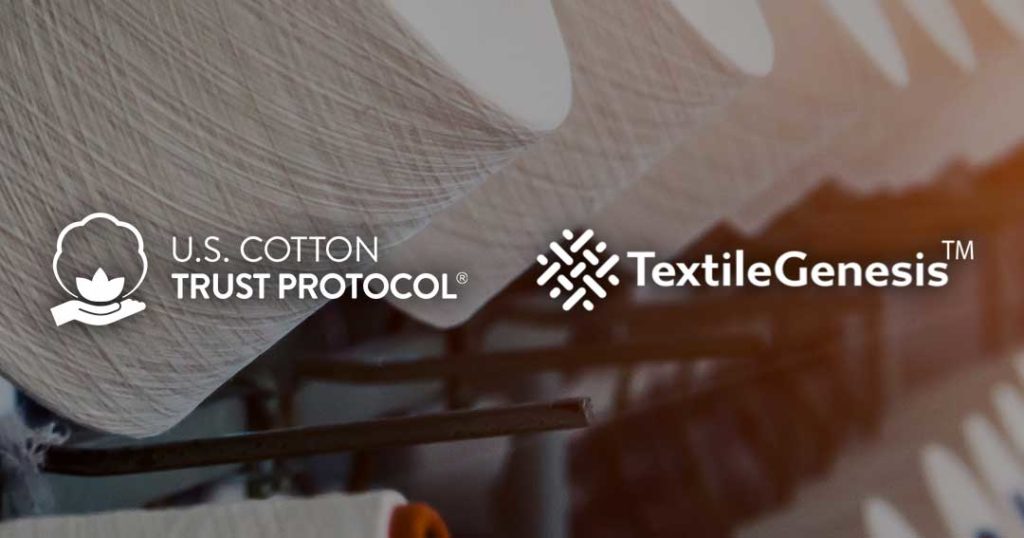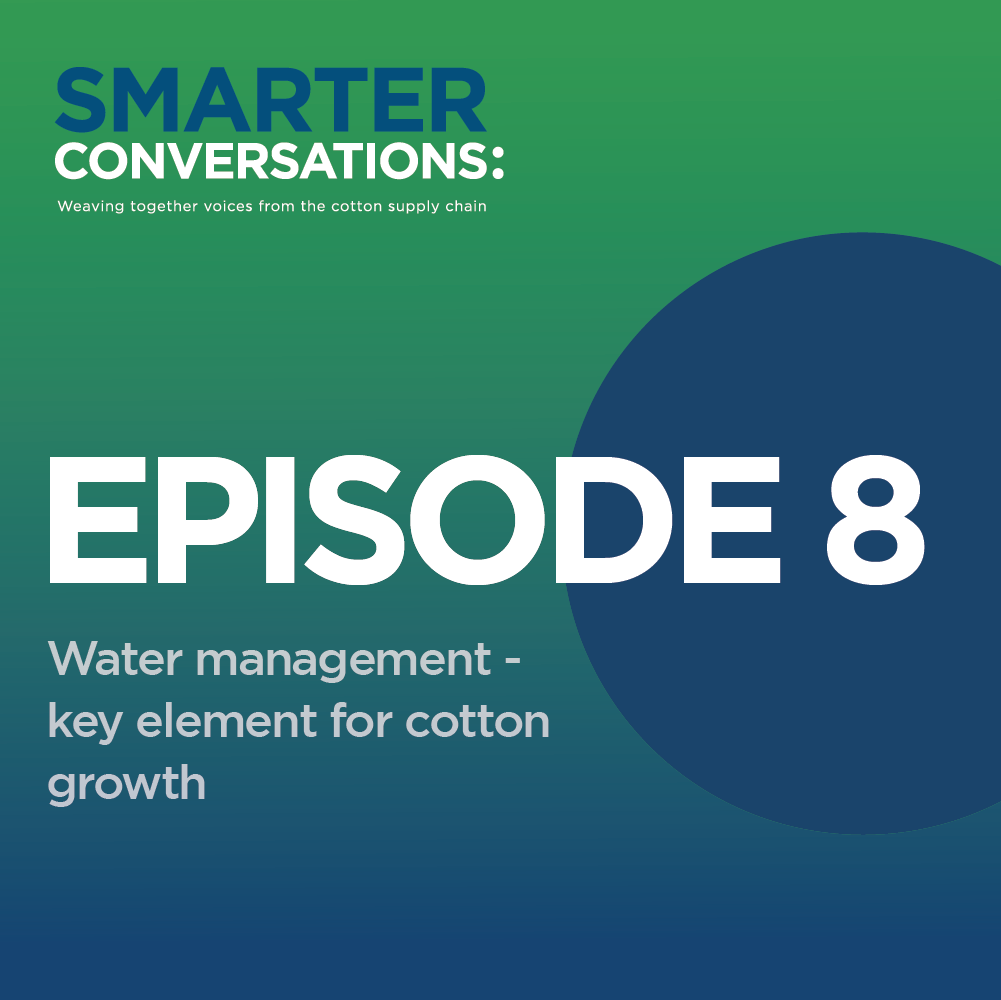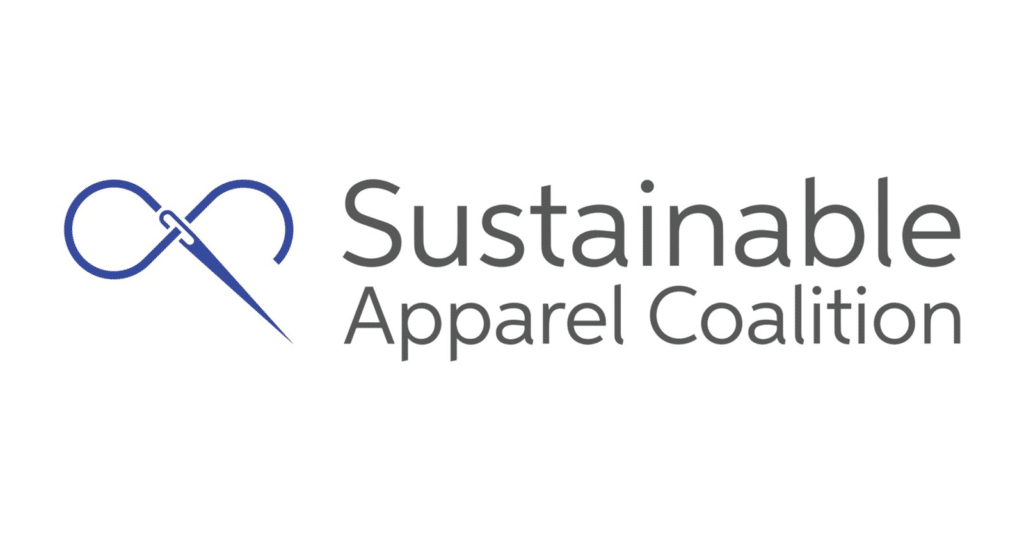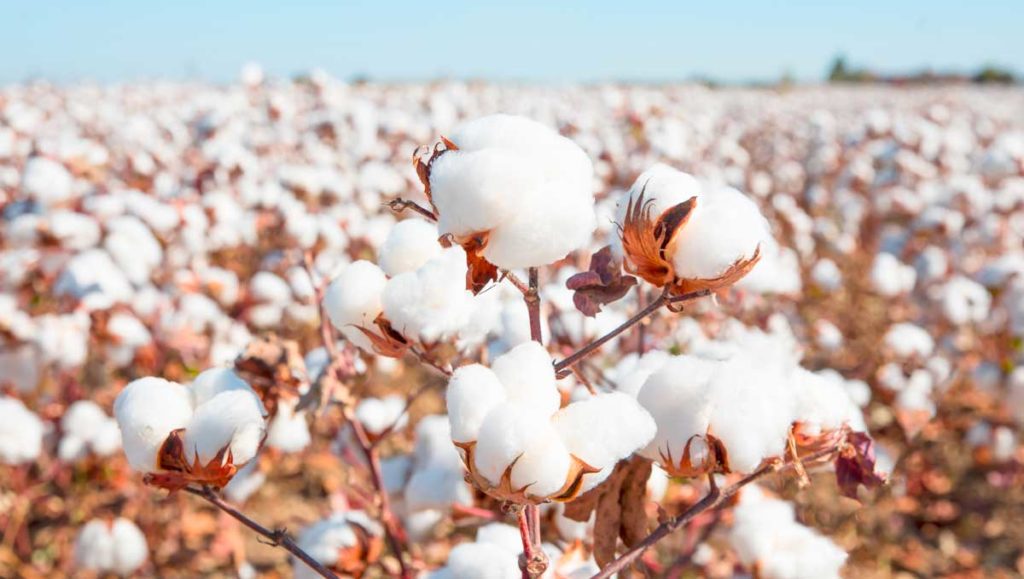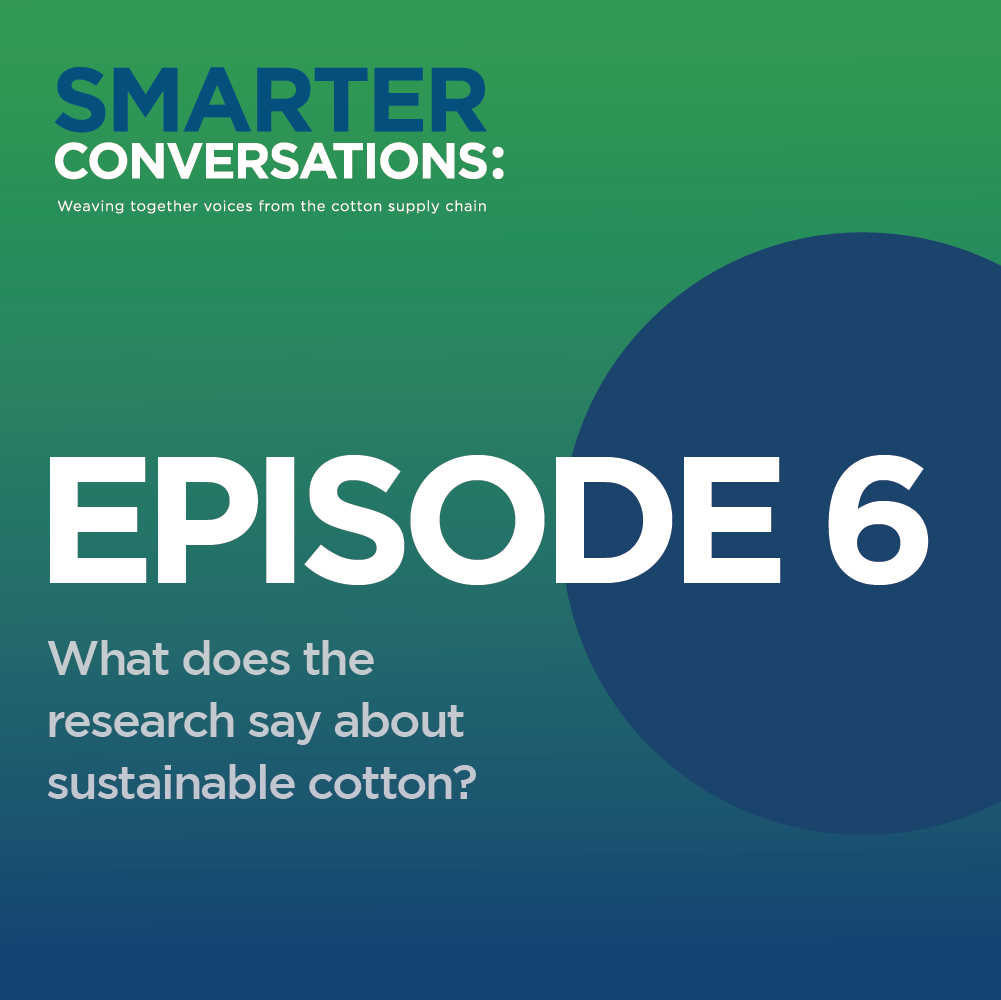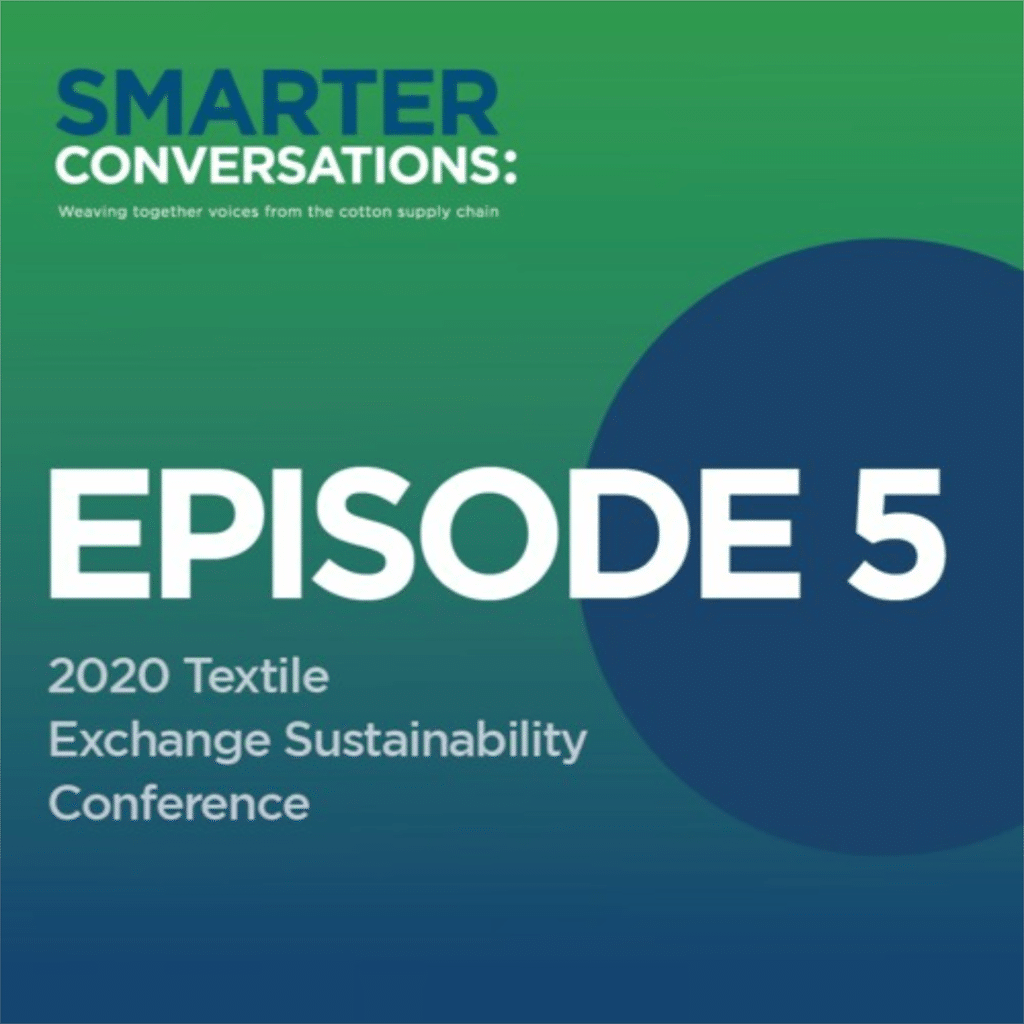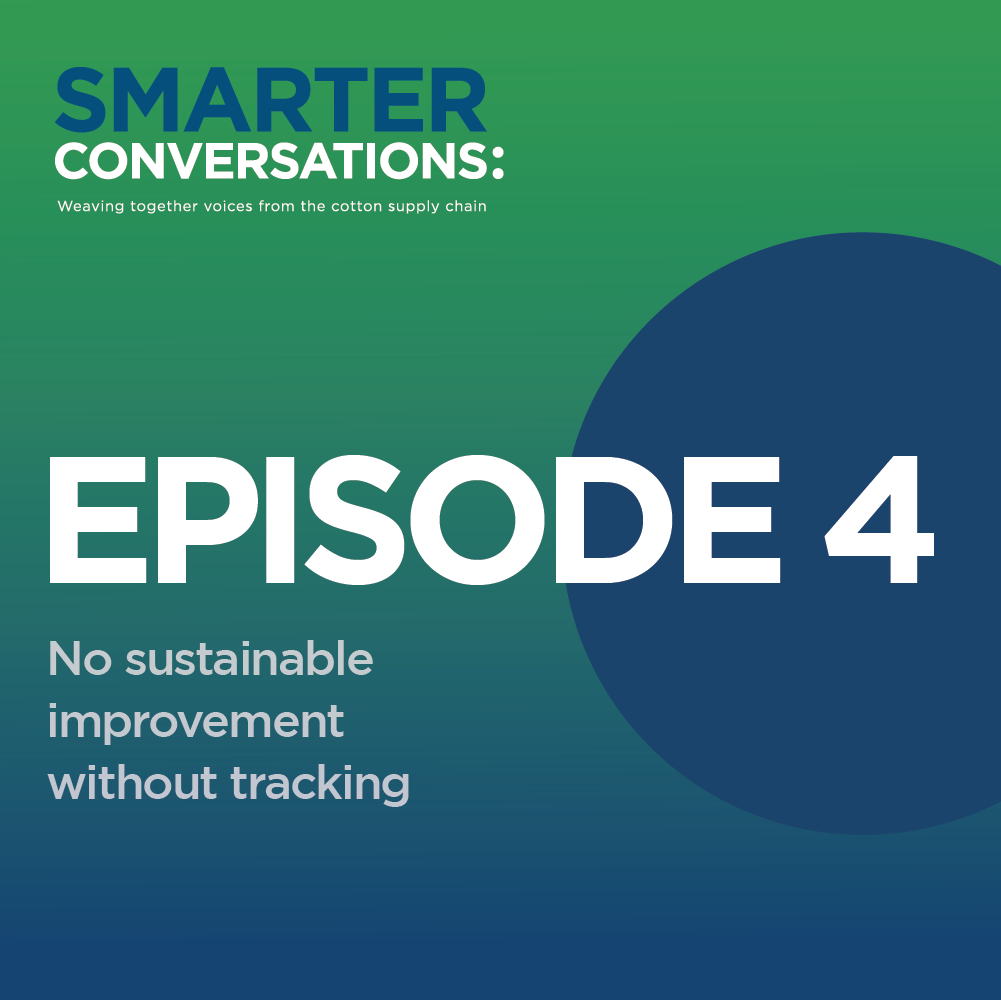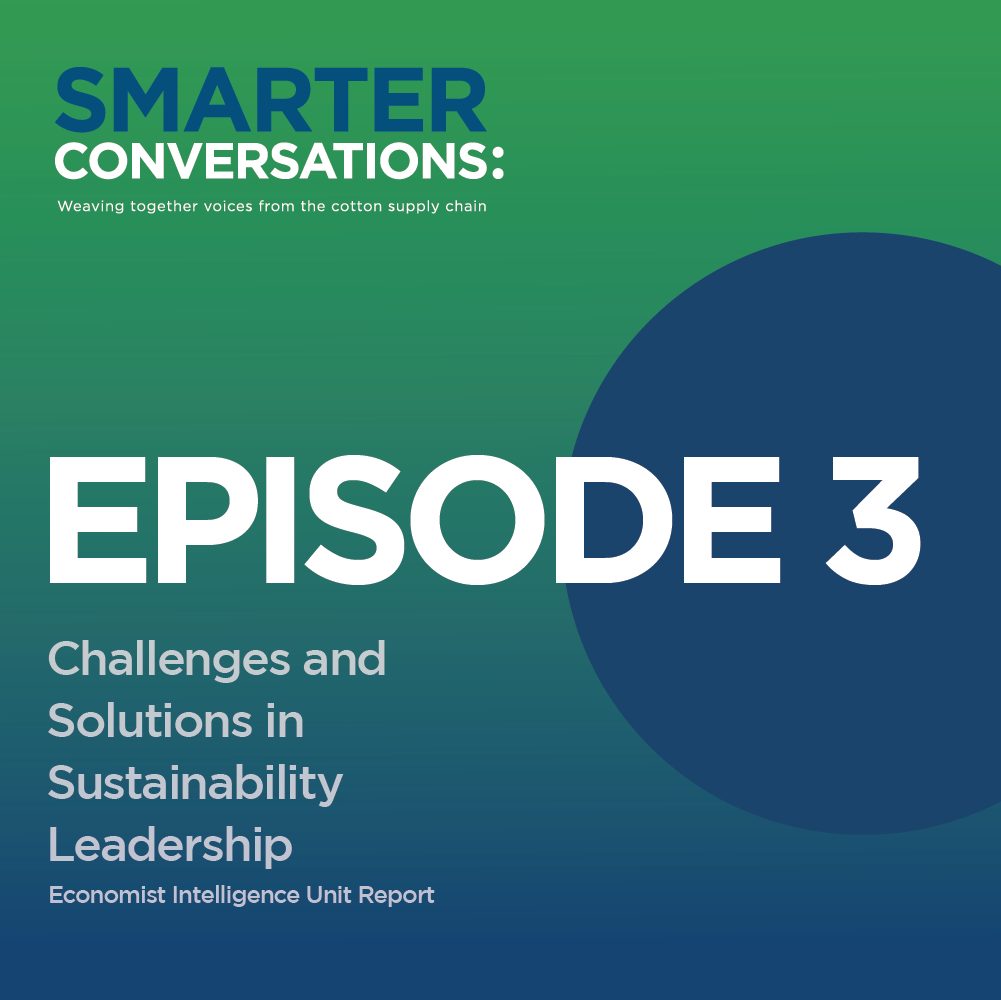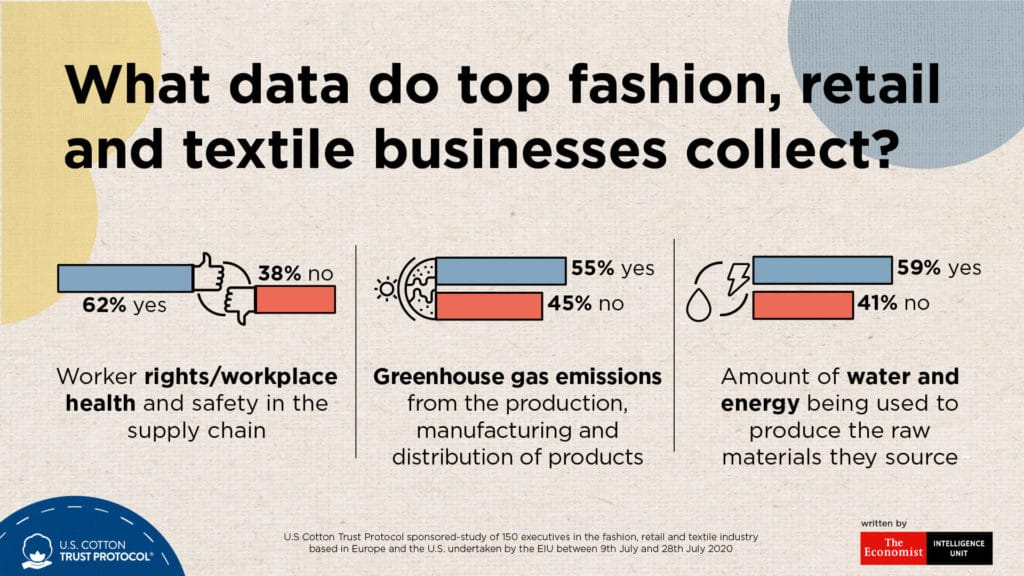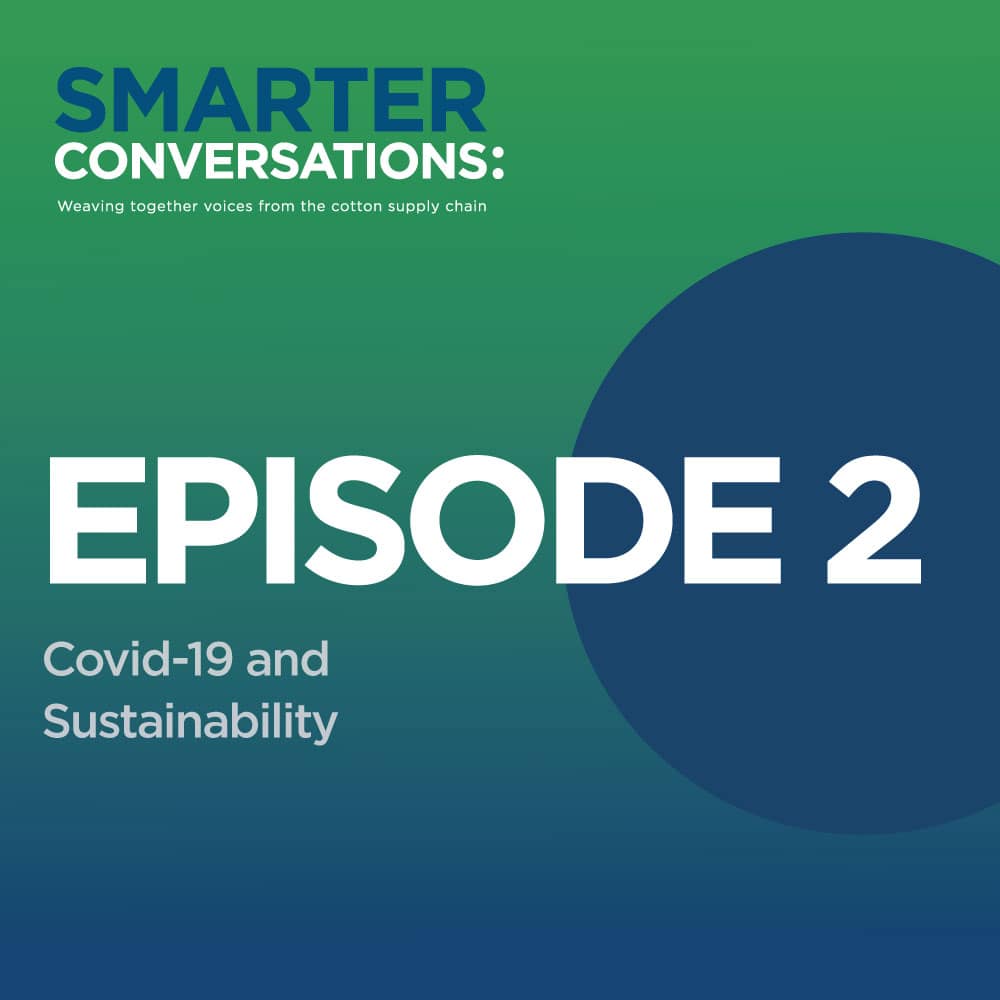In an era marked by increasing environmental concerns and the demand for more sustainable products, the U.S. cotton industry is constantly striving for more sustainable practices and crops. Precision agriculture, an innovative approach that leverages technology to optimize farming practices, has emerged as a key aspect in the drive for more sustainable cotton production.
At its core, precision agriculture is a farming management strategy based on observing, measuring and responding to the agricultural situation and environment, which allows farmers to be more precise. Precision agriculture is made up of a variety of practices.
At the heart of precision agriculture lies data collection and analysis. Modern technologies, such as remote sensing, drones, and satellite imagery, enable farmers to monitor crop health, soil moisture, and nutrient levels with unprecedented accuracy. This data forms the bedrock of informed decision-making, allowing farmers to tailor their interventions precisely to the needs of the crops. By utilizing data insights, farmers can apply inputs such as fertilizers and pesticides at varying rates across their fields. This not only optimizes resource allocation but also minimizes waste by targeting areas that require specific treatments, reducing the overall environmental impact.

Water scarcity is a growing concern globally. Precision irrigation methods, such as drip irrigation and soil moisture sensors, help farmers deliver water directly to the root zones of plants, reducing water wastage, including runoff and evaporation, significantly. This practice not only conserves a precious resource but also enhances crop yield and quality. Additionally, precision agriculture encourages the adoption of Integrated Pest Management (IPM) strategies, which rely on data to predict pest and disease outbreaks accurately. By identifying and monitoring potential threats in advance, farmers can minimize the use of synthetic pesticides, resorting to use only when absolutely necessary. The application is also incredibly targeted, meaning that inputs are only used exactly where needed, not broadly over an entire field. With all of these aspects, the approach safeguards ecosystems, preserves beneficial insects, and prevents pesticide runoff.

The advanced technology that cotton growers employ allows them to not only measure, evaluate and improve—but to do so with precision – and this is something that the Trust Protocol is focused on enabling for members. For the program, everything begins with the growers who provide farm-level information on six key sustainability metrics. By collecting this data, the Trust Protocol provides growers with the ability to compare their self-assessment to benchmarking from a regional, state and national levels. This in turn enables Protocol growers to identify areas of improvement in their operations.
According to the 2021/22 annual report, over 50% of cotton growers use GPS-enabled swath control to ensure they are not overlapping crop practices such as planting, fertilizer applications, and crop protection applications. Nearly 7 in 10 growers surveyed also use GPS auto-steering functions on their equipment, such as tractors and pickers.
With precision mapping technologies, growers can determine the most productive areas of their fields and then identify areas better suited for wildlife or pollinator habitats to increase biodiversity.
“Precision agriculture allows us to use less water, less fertilizer, and less plant protection products in our fields,” said Sledge Taylor, a Trust Protocol grower from Mississippi. “We’ve incorporated soil sampling, GPS mapping and variable rate fertilizer application, which allows us to precisely monitor our inputs. It drives our continuous improvement so we can be our best environmentally.”

In fact, 89% of Protocol growers utilize precision agriculture technology including GPS receivers, multi-spectral images and ground-based sensors. These technologies gather field-specific parameters including soil conditions, nutrients and water availability. Real-time weather radar allows growers to avoid activities affected by storms, such as run-off from nutrient and herbicide applications.
For brands and retailers committed to sustainability, it is important to understand the synergy between precision agriculture and responsible cotton production. Precision agriculture not only boosts the efficiency and profitability of farming, but also aligns with growing consumer demand for more sustainably produced products. The integration of technology and sustainability is vital, and the Trust Protocol is proud to aid growers as they work to continuously improve their efforts.

